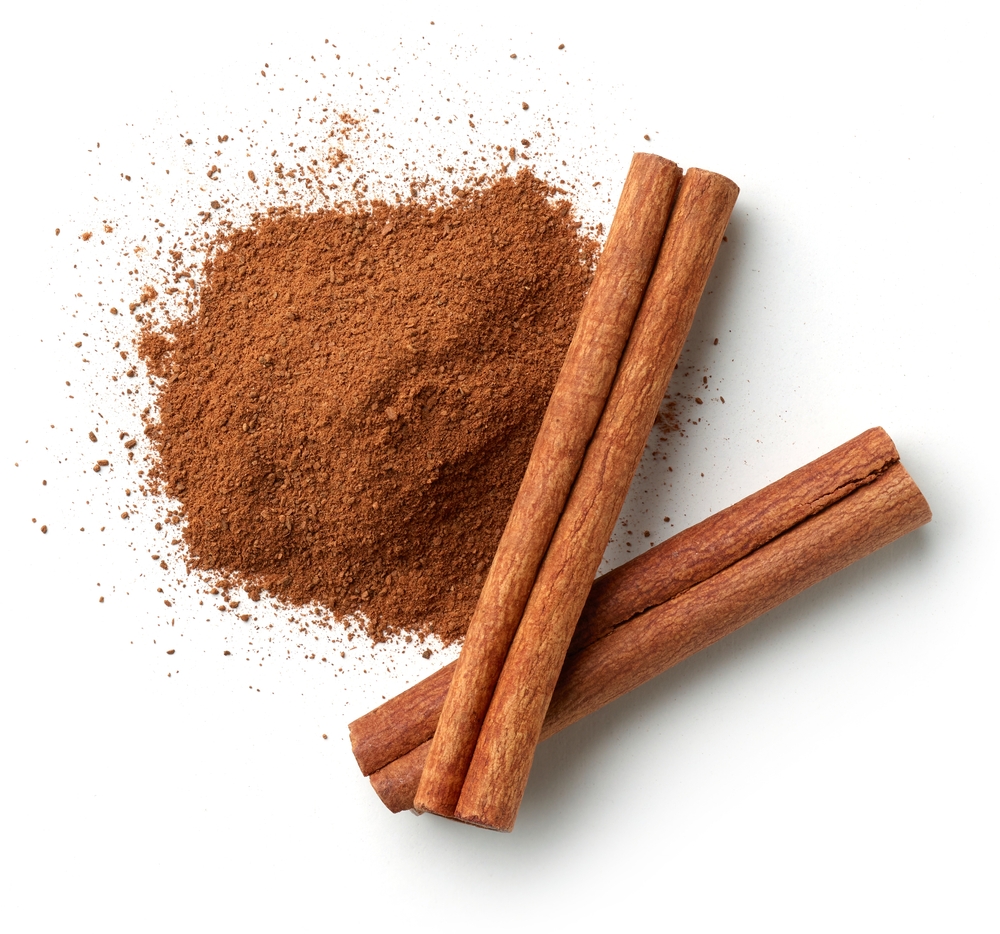The U.S. Food and Drug Administration’s (FDA) investigation into the October 2023 lead poisoning outbreak tied to now-recalled children’s applesauce pouches revealed that a ground cinnamon processor in Ecuador played a pivotal role in the lead contamination. The FDA’s findings strongly suggest that the now-defunct processor, Carlos Aguilera, intentionally added dangerous levels of lead chromate to the ground cinnamon to increase profits.
The recalled products – cinnamon-flavored applesauce pouches marketed under various brands – contained alarmingly high concentrations of lead, posing a significant risk of lead poisoning to children who consumed them. As of last month, the FDA has identified more than 200 reports of adverse events potentially related to the recalled cinnamon applesauce pouches.
The Cinnamon Applesauce Pouch Recall
The lead poisoning outbreak came to light in October 2023, when the FDA announced a recall of WanaBana fruit pouches due to elevated lead levels. Sample testing revealed dangerously high levels of lead in several batches of the company’s cinnamon-flavored applesauce. The recall was later expanded to include cinnamon applesauce products sold under the Weis and Schnucks brands, and again to include applesauce pouch products sold by Dollar Tree, Family Dollar, Save A Lot, SF Supermarket, Patel Brothers, La Superior SuperMercados, and La Joya Morelense.
Uncovering the Source of the Lead Contamination
In February 2024, the FDA issued an update on the investigation into the elevated lead levels in cinnamon applesauce pouches collected from the manufacturer in Ecuador (Austrofoods). In that report, the FDA identified the ground cinnamon processor named Carlos Aguilera as the likely source of the lead contamination. “Ecuadorian officials in Agencia Nacional de Regulación, Control y Vigilancia Sanitaria (ARCSA) have reported that Carlos Aguilera of Ecuador, is the likely source of contamination and is not in operation at this time,” the FDA report stated.
In April 2024, the FDA released a Post-Incident Response Report, shedding light on the ongoing investigation into the lead poisoning incidents. “As a result of our investigation, the FDA’s leading hypothesis is that this contamination event was the result of economically motivated adulteration of the cinnamon used in the applesauce,” the FDA report states. “Economically motivated adulteration (EMA) occurs when someone intentionally leaves out, takes out, or substitutes a valuable ingredient or part of a food, or when a substance is added to a food to make it appear better or of greater value. In some cases, EMA can result in negative health impacts for those who consume the adulterated product.”
The Impact of Lead Poisoning on Affected Children
Lead is a toxic heavy metal that can have severe health effects, particularly for children. Even low levels of lead exposure can lead to cognitive impairment, developmental delays, and behavioral problems. The effects of lead poisoning can be long-lasting and irreversible. The U.S. Centers for Disease Control and Prevention (CDC) emphasizes that there is no safe level of lead exposure for children, highlighting the urgency of addressing lead poisoning outbreaks promptly.
Addressing the Immediate and Long-Term Impacts of the Lead Contamination
In response to the lead poisoning outbreak, the FDA, in conjunction with WanaBana USA and Austrofood, the companies responsible for the recalled products, implemented measures to mitigate the harm caused. They initiated a joint program to provide refunds of up to $150 to cover out-of-pocket costs for healthcare visits and lead blood tests for individuals who consumed the contaminated products.
Additionally, the FDA has taken steps to prevent further lead poisoning incidents. They issued safety alerts, expanded the recall to include additional brands, and increased surveillance and compliance activities. The agency has also reminded cinnamon manufacturers, processors, distributors, and facility operators of their responsibility to prevent contamination from potential chemical hazards, including lead.
Lead Poisoning a Serious Public Health Concern
Lead poisoning is a serious public health concern, especially when it affects vulnerable populations such as children. The lead poisoning outbreak linked to recalled cinnamon applesauce pouches highlights the critical importance of food safety regulations and enforcement. The deliberate contamination of a food product by an ingredient supplier underscores the need for heightened vigilance to protect consumers from harm, especially children. By taking decisive action and implementing preventive measures, regulatory agencies can safeguard the public from future incidents of this nature.
Personal Injury Lawsuit Information
Investigation of Elevated Lead & Chromium Levels: Cinnamon Applesauce Pouches (November 2023), FDA
Lead and Chromium Poisoning Outbreak Linked to Cinnamon Applesauce Pouches, CDC
Post- Incident Response Activities: Elevated Lead and Chromium Levels in Cinnamon Applesauce Pouches, FDA

